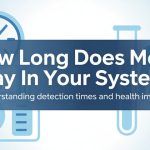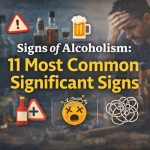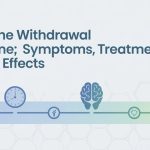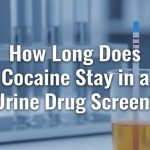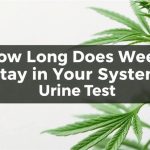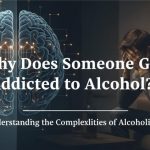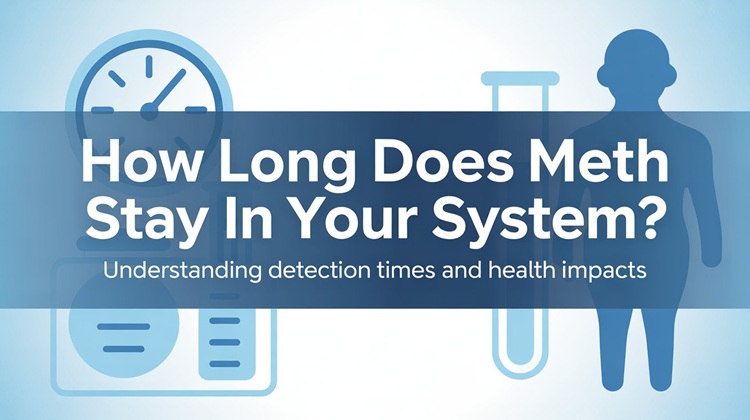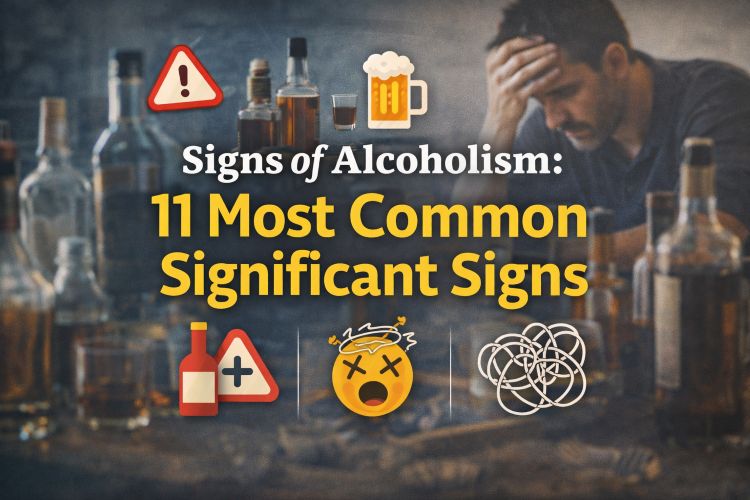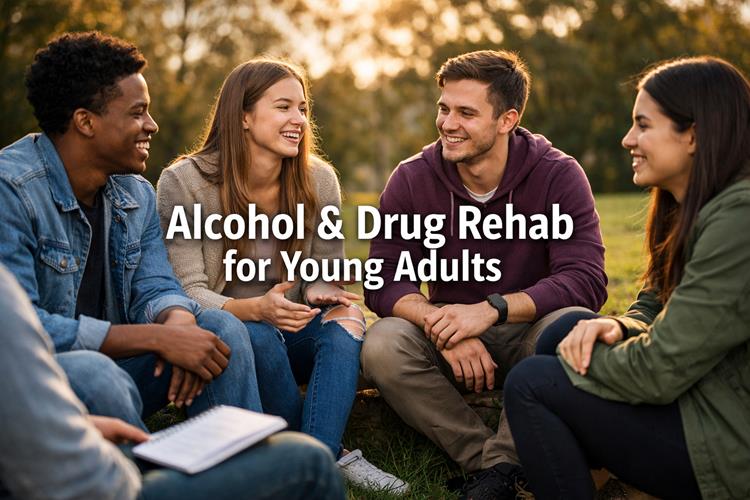Substance use disorder (SUD) is a serious condition that is known to present itself in many individuals in the global society today. Addiction treatment should involve recovery from not only the physiologic aspects of substance use disorders but also the psychological and behavioral aspects. Fortunately, science has established several ways of rehabilitation and staying sober in the long-term basis. Here, in this blog, let us explore the Top 5 Substance Use Disorder treatments that can form part of the management plan of Substance Use Disorder.
1. Cognitive Behavioral Therapy (CBT)
It is a common form of therapy effective for treating substance use disorders to a higher degree. CBT thus enables individuals to understand the procedures of controlling the top as well as change unfavorable habits that lead to substance dependency. The therapy aims at altering the thinking of people to improve their thought process on the particular behaviors that lead to the injury of the self.
What Does CBT Do in the Treatment of SUD?
- This helps to identify triggers that cause substance use.
- Coping strategies are developed to deal with cravings.
- It helps in developing problem-solving skills that are supposed to prevent relapse.
- Promotes positive behavioral changes
- CBT is most often provided in 1:1 therapy and as group therapy and can fit many different types of addiction.
2. Medication-Assisted Treatment (MAT)
Medication Assisted Treatment (MAT) is an evidence-based approach in treating substance use disorder that uses behavioral therapies along with FDA-approved medications. Its application is very well suited to opioid and alcohol use disorders.
Common Medications Used in MAT:
– Opioid Use Disorder: Methadone, Buprenorphine, Naltrexone
– Alcohol Use Disorder: Disulfiram, Acamprosate, Naltrexone
– Nicotine Dependence: Nicotine replacement therapies, Bupropion, Varenicline
100% Confidential Support is Available 24/7
No matter what you’re going through, you’re not alone. Our dedicated team is here to provide a safe, judgment-free space where you can talk openly and honestly. Whether you need emotional support, resources, or just someone to listen.
We’re here for you—completely confidential and always respectful of your privacy. Call us today!
3. Contingency Management (CM)
Contingency management is a form of behavioral therapy that rewards people for positive actions and removes rewards for negative actions. It holds people accountable for their sobriety through positive reinforcement. It is based on the idea that people are going to alter their behavior if there is an incentive to act in particular ways.
Key Features of CM:
– It provides tangible rewards to convince people to continue to stay sober.
– It encompasses a voucher or prize system to reinforce drug-free behavior.
– The treatment of stimulant, opioid, and alcohol use disorders has all been proven to have efficacies using the therapy.
– Previous research suggests that CM is very good at maintaining patients in treatment and for long-term continence. In conjunction with other therapies, it encourages and immerses individuals with substance use disorder.
Contact Palm Coast Treatment Solutions
Battling with Drug and Alcohol Addition? Remember, you are not alone and we are here to help you!
4. Motivational Interviewing (MI)
Motivational Interviewing (MI) is a type of client-centered therapy based on helping an individual increase their motivation to change. The beauty of MI is that it is especially helpful for the ambivalent quitter of substance use.
Core Principles of MI:
– Express empathy through reflective listening
– Induce discrepancy between present behaviors and future goals
– Supports a person’s self-efficacy and optimism for change.
Avoid argumentation and confrontation
MI enhances intrinsic motivation for working in treatment and for recovery. Often, it is combined with other therapies to provide a full view of the substance use disorder treatment.
Overcome Addiction with Palm Coast Treatment Solutions.
Book an appointment.
5. 12-Step Facilitation Therapy
12 Step Facilitation Therapy (TSF) is an empirically supported 12-step program that involves one with a broad program like Alcoholics Anonymous (AA) and Narcotics Anonymous (NA). Supported by peer support with a clear pathway, this is a structured way of recovery.
Benefits of 12-Step Facilitation:
– Encourages spiritual and personal growth
– Provides a structured recovery program
– Offers a strong support network
– Promotes accountability and long-term resolution
When taken with the right substance use disorder treatments, TSF has the capability of being extremely effective for people at the beginning of their journey of recovery

Effective Treatment Plan for Substance Use Disorder
In substance use disorder treatment, the plan includes types of evidence-based therapies geared towards the individual needs. The major components of a successful scheme is these:
1. Assessment and Diagnosis:
A thorough evaluation has to be done to determine how serious the disorder is and also to search for any region that accompanies the disorder.
2. Personalized Treatment Approach:
CBT, MAT, MI, CM and TSF should be integrated depending on the need of the individual.
3. Holistic Support:
Family therapy, vocational training, and wellness programs should be included in the treatment to assist long-term recovery.
4. Aftercare Planning:
How to stay sober is to stay sober; work the relapse prevention plan, therapy and support group meetings… do it regularly.

Overcome Addiction with Palm Coast Treatment Solutions.
Book an appointment.
Start Your Recovery Journey Today
Our evidence-based treatment is about gaining control over your life with the help of Palm Coast Treatment Solutions. We have a team of individuals with the uniqueness and the care of a team of individuals.
Nevertheless, if you or the person you care for has dependence problems, do not delay to seek help. For further details on our treatment program, call us at (386) 284-4151.






